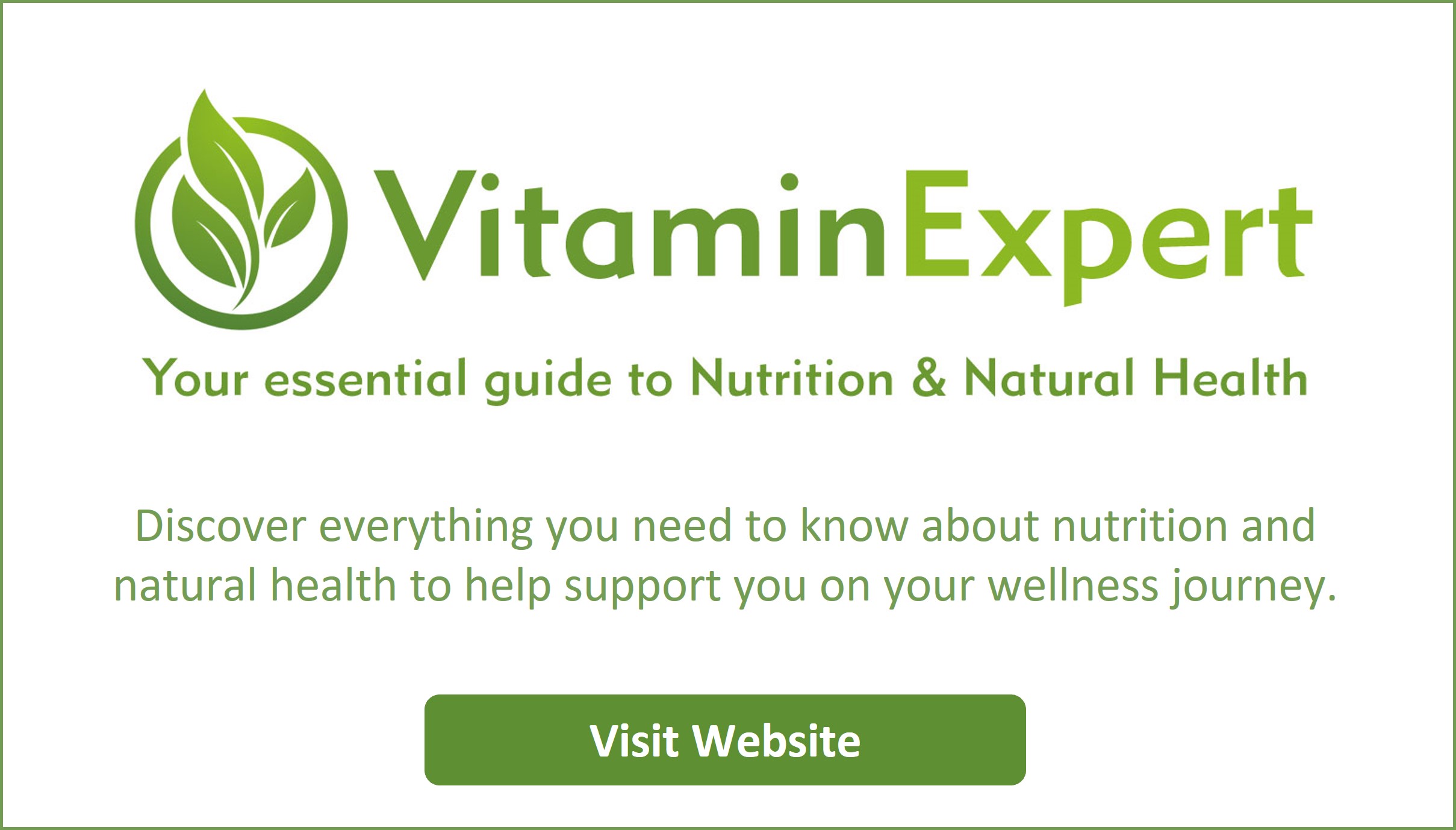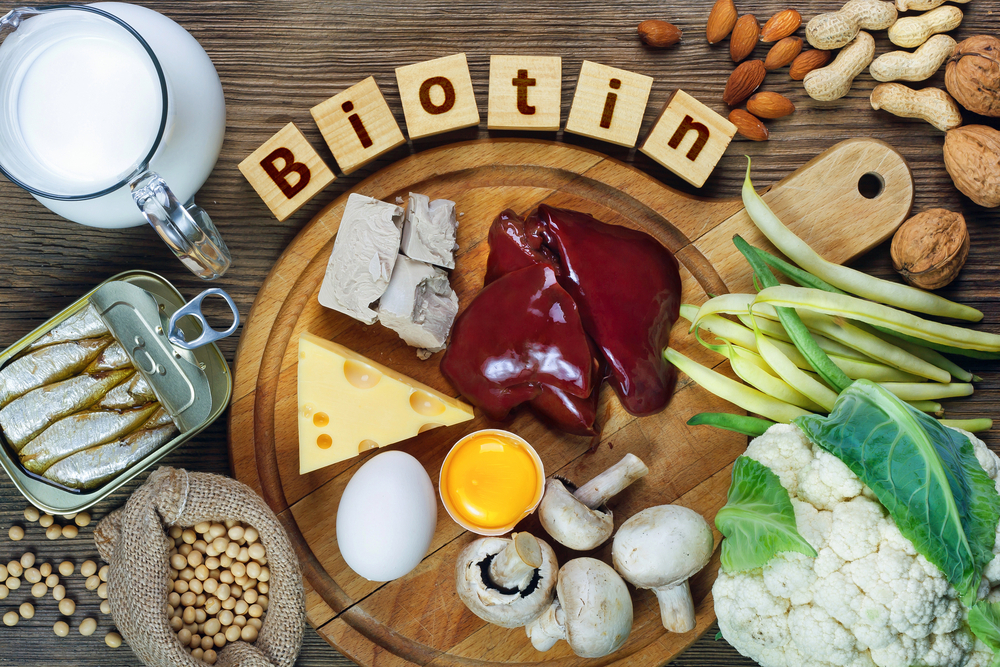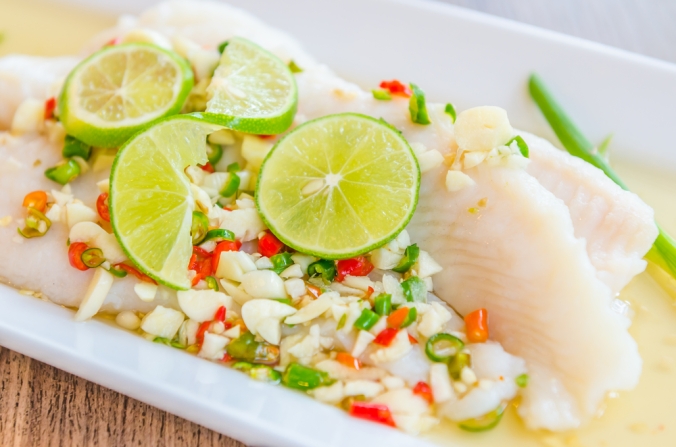
Our skin is the largest organ in the body. Therefore, just like any other organ, it needs to be fed and nurtured. Indeed, what we do from the inside has a profound effect on the health of the skin on the outside.
The good news is that there are some great skin-loving nutrients that we can call on to help us obtain lovely glowing, fresh-looking skin.
Clinical Nutritionist Suzie Sawyer shares her five top skin-loving nutrients.

Vitamin C
Vitamin C is one of our busiest throughout the body especially when it comes to immune health. However, it’s also one of our most powerful antioxidant vitamins, which means it helps to protect the skin from environmental toxins and pollutants. These can accelerate the ageing process and cause those much-hated wrinkles!
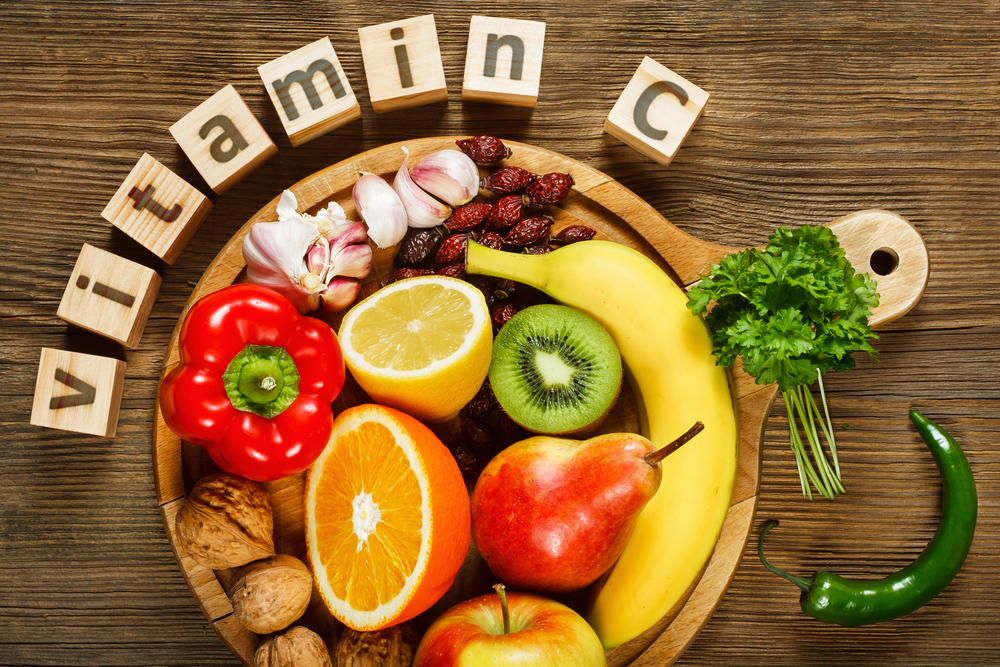
However, vitamin C is also needed to produce collagen, the body’s most abundant protein. Collagen is essential for skin structure which also has a bearing on how the skin ages. As vitamin C is water-soluble, it needs to be eaten very regularly which means consuming lots of colourful fruits and vegetables. Strawberries, broccoli, red peppers, blueberries and kiwis are especially rich in vitamin C, but all fruits and veggies are good sources.
Vitamin E
Vitamin E is another powerful antioxidant vitamin and works together with vitamin C. It makes sense, therefore, to ensure your diet contains optimal amounts of both. Vitamin E is also great at reducing any inflammation, so if you’re troubled by skin conditions such as eczema or dermatitis, it may help manage the conditions.
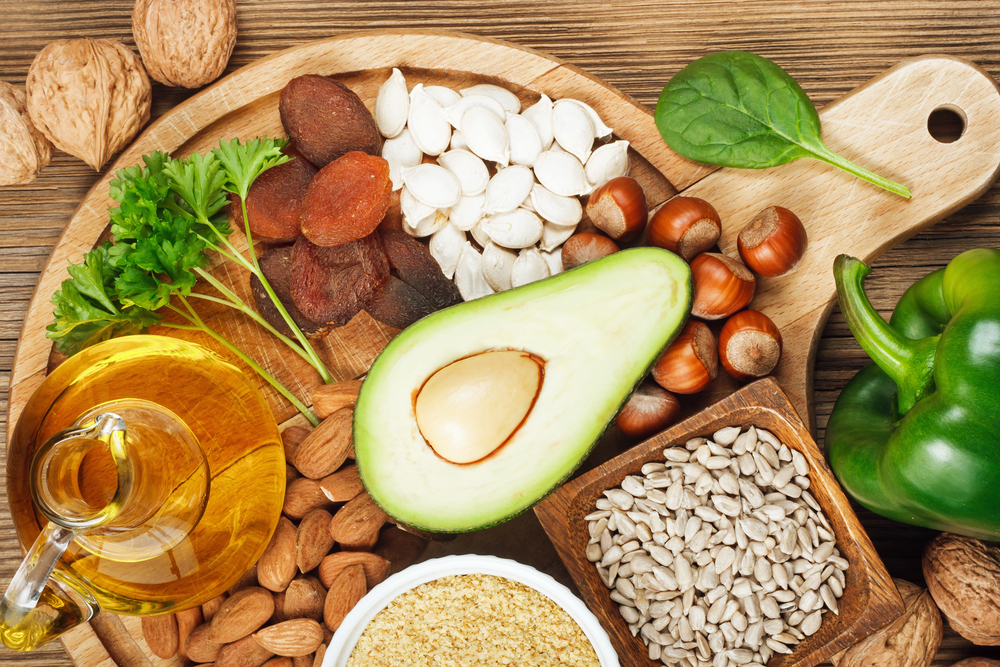
One of the best sources of vitamin E are avocados: these beautiful green wonders also provide some protein and good fats too, other nutrients that are key for skin health. Why not enjoy smashed avocado on seeded sourdough bread for breakfast, sprinkled with pumpkin seeds?
And talking of pumpkin seeds…
Zinc
Pumpkin seeds are great source of zinc! The mineral zinc is another busy nutrient involved in many key jobs throughout the body. However, it’s very important for growth and repair, of which our skin also benefits. Zinc will not only help protect your skin from sun damage (it’s a powerful antioxidant), it will help heal any wounds, but also ensure that skin cells are renewing and repairing as they should.
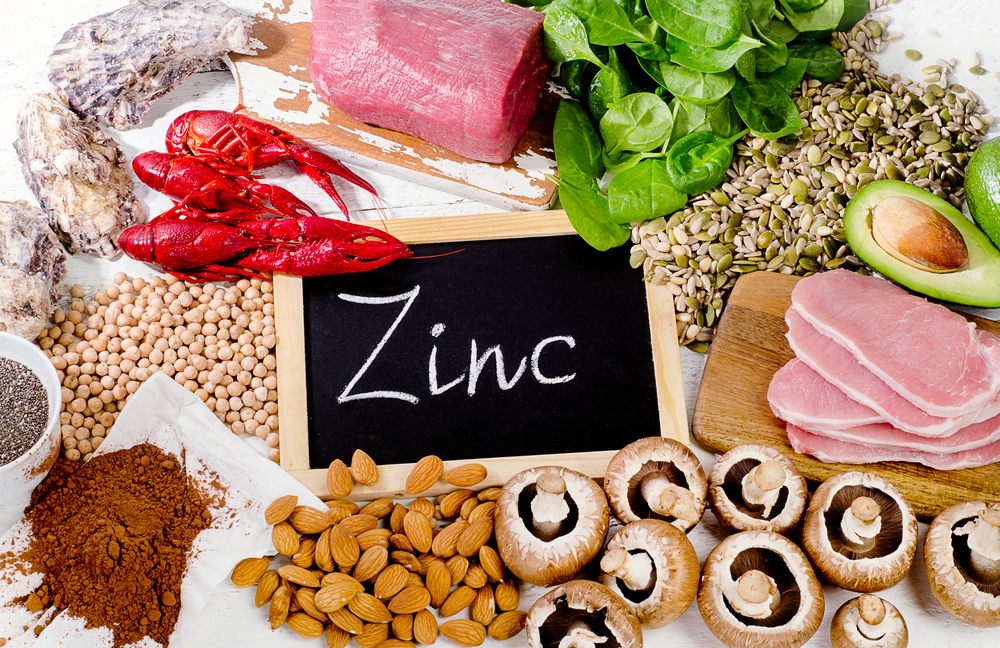
Where to find zinc in foods? It’s widely available but is especially rich in oysters and other seafoods. Eggs, red meat, whole grains, nuts and seeds are also great food choices.
Omega-3 fats
These are known as the ‘essential’ omega-3s. This is because the body can’t make omega-3s so they have to be eaten regularly. This is the main reason that there is widespread deficiency in western populations. Oily fish such as salmon, sardines and mackerel are the best sources which are not always popular food choices. Flaxseeds and chia seeds are good plant sources, however.
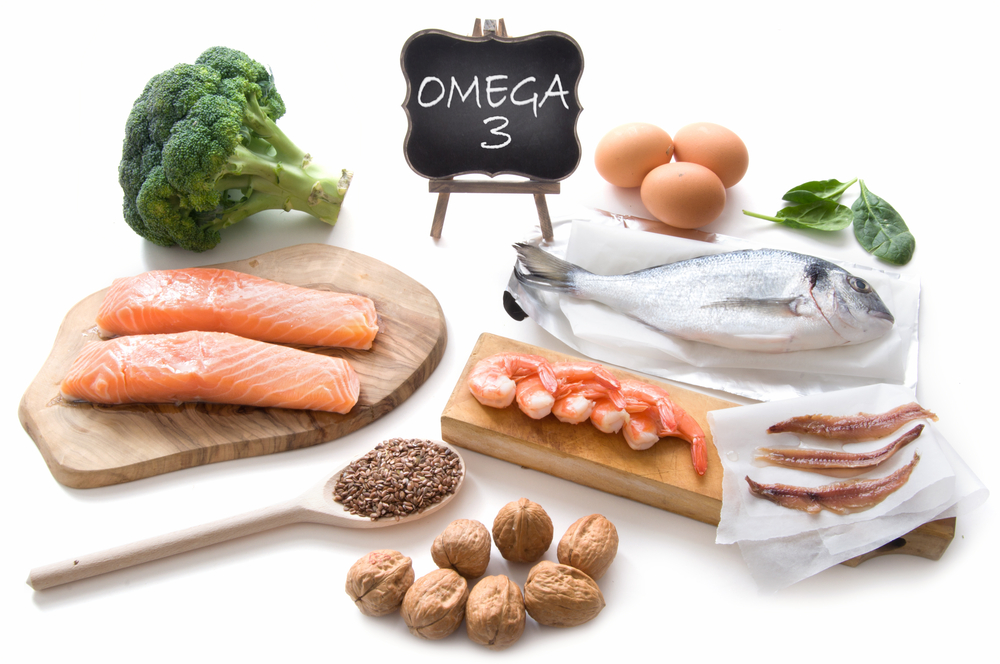
Omega-3s are part of our cellular make up and help to keep skin hydrated at a very deep level in the body. Many of us who suffer with dry skin may not be having sufficient omega-3s, hence the cells are not able to maintain good hydration levels. Omega-3 are also going to be helpful if you’ve got some kind of skin inflammatory condition.
Selenium
Selenium is yet another antioxidant mineral which will protect your skin from the sun and external pollutants. Indeed, antioxidants work in the body both inside and out. Believe it or not, we create our own free radicals which have to be safely disposed of, hence the need for nutrients like selenium. If you’re trying to fight off the ageing process (and who can honestly say they aren’t!), then selenium is a great ally when it comes to pro-age.
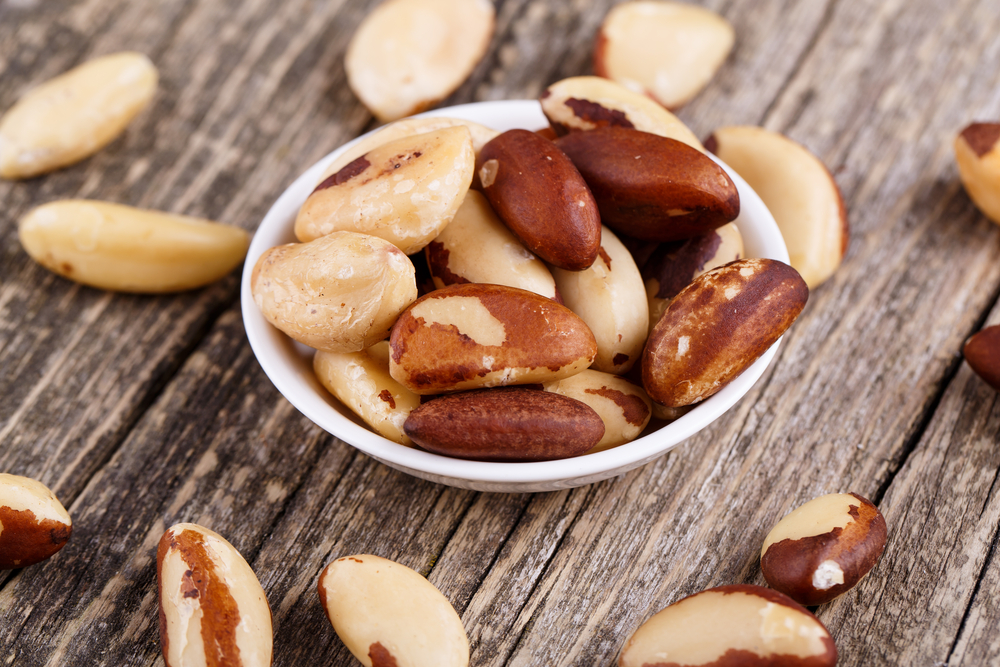
One of the best sources of selenium are Brazil nuts (just three a day is helpful), as well as tuna and other seafood, meat, whole grains, beans, and lentils.
There are many other nutrients that are important for skin health, but eating more of my top five is really going to help your skin to glow. What we do on the inside can really pay dividends on how we look on the outside.
FOR MORE GREAT NUTRITION AND LIFESTYLE ADVICE:
Sign up to receive our blog and get a weekly dose of the latest nutrition, health and wellness advice direct to your inbox.
For everything you need to know about vitamins, minerals and herbs visit our sister site Vitamin Expert – your essential guide to nutrition and natural health.
Follow us on Instagram @feelaliveuk for nutrition, lifestyle and well-being tips.
Visit us at www.feelaliveuk.com for the latest offers and exclusive Alive! content.
Follow and Chat with Suzie on Twitter @nutritionsuzie
All images: Shutterstock
